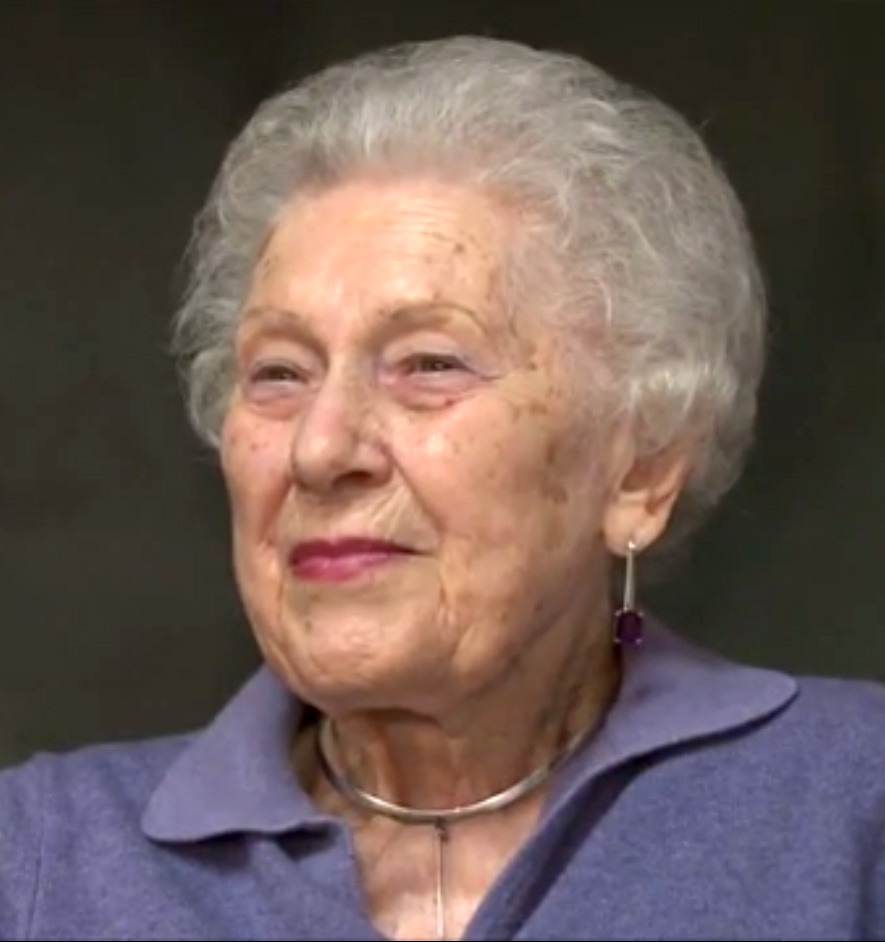Irene LaViolette was born in Manhattan in 1920. After she finished kindergarten, her family moved to Greece, where her grandparents lived, due to diminishing economic prospects in the United States. She grew up in Athens, eventually studying chemistry at the University of Athens when Italy attacked Greece in 1940. With the universities closed due to the war, she became a volunteer nurse at a military hospital.
Working at the hospital was difficult. “It was a very pitiful sight to see the streets of Athens full of wounded soldiers,” LaViolette recalled. “So many of my wounded were amputated. I was there receiving wounded directly from the front. And many times, I wouldn’t even have a day off.” After the Nazi occupation of Greece, German soldiers demanded their wounded be favored for treatment at her hospital over the wounded Greeks. LaViolette encouraged fellow nurses to strike and resist Nazi orders.
LaViolette arranged to return to the United States, and she arrived in New York later in 1941. She enrolled at Barnard College, where she graduated in 1943 with a degree in chemistry, and took a job with DuPont’s Electric Chemicals Department Research Lab at Niagara Falls, New York. There, she met her husband Fred, a DuPont physicist and chemist about to be assigned to the Manhattan Project at Hanford. Irene decided to accompany him. The two were married on May 28, 1944. A few days later, they boarded a train, headed west.
At Hanford, she worked in the 300 Area, and was responsible for analyzing water from the Columbia River as well as checking new Geiger counters. Fred worked in the 200 Area on the chemical separation process, helping seal uranium slugs that were then fed into the production reactors. The couple settled in Niagara Falls in 1945. There, they began a family. They had two children: a son, Paul, and a daughter, Mary.
Fred’s work at General Electric led the family to move to Saudi Arabia in the 1980s. Irene taught health sciences at U.S. schools in the region.
With all of her international experience, Irene LaViolette became actively involved in the American Association of University Women’s Foreign Affairs Study Group in her eventual hometown of Niskayuna, New York. She presented before the group on a variety of foreign policy discussions with which she had been personally involved. In a local blog, her daughter Mary compared the academic rigor of this study group to that of a graduate-level course.
Irene LaViolette passed away on May 20, 2016.





